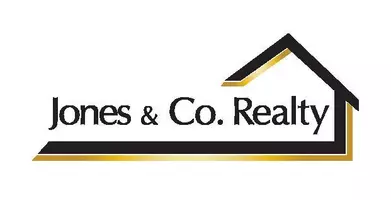Understanding the Hidden Costs of Buying a Home

Buying a home is an exciting milestone, but it comes with a financial commitment beyond the down payment and mortgage. As a savvy homebuyer, understanding the additional expenses involved can help you budget effectively and avoid surprises. From closing costs to ongoing fees, here are the key costs every homebuyer should anticipate.
1. Closing Costs and Fees
Closing costs are a collection of fees and expenses paid when finalizing the purchase of a home. These typically range from 2% to 5% of the home’s purchase price and may include:
-
Loan Origination Fees: Charged by your lender to process your loan.
-
Appraisal and Survey Fees: For determining the property’s market value and boundaries.
-
Title Insurance and Search Fees: Protects you and your lender from disputes over ownership.
-
Escrow Fees: Paid to the third party managing the transaction.
-
Attorney Fees: If your state requires legal assistance for real estate transactions.
2. Property Taxes
Property taxes are a recurring expense that varies based on your home’s assessed value and local tax rates. Often, lenders require buyers to escrow property taxes, meaning a portion of your monthly mortgage payment is set aside to cover these taxes.
3. Homeowners Insurance
Lenders require homeowners insurance to protect the property against damage or loss. The cost varies depending on your home’s location, size, and features. Additional coverage, like flood or earthquake insurance, may be necessary based on your area.
4. Private Mortgage Insurance (PMI)
If your down payment is less than 20% of the home’s purchase price, you’ll likely need PMI. This insurance protects the lender if you default on your loan and is typically added to your monthly mortgage payment.
5. Home Inspections
Before closing, a home inspection is essential to identify potential issues with the property. Inspection fees range from $300 to $500, but specialized inspections (e.g., for pests, radon, or mold) may incur additional costs.
6. Homeowners Association (HOA) Fees
If your new home is in a community with an HOA, you’ll need to budget for monthly or annual fees. These cover shared amenities, landscaping, and maintenance. Be sure to review the HOA rules and fee structures before buying.
7. Utility and Maintenance Costs
As a homeowner, you’re responsible for utilities such as water, electricity, gas, and internet. Additionally, routine maintenance and unexpected repairs can add up quickly. Setting aside 1% to 3% of your home’s value annually for maintenance is a good rule of thumb.
8. Moving Expenses
Don’t forget the cost of moving! Expenses may include hiring movers, renting a truck, and purchasing packing supplies. If relocating long distances, travel and temporary lodging costs might also apply.
9. Furniture and Upgrades
Your new home may require additional furniture or upgrades to meet your needs. Budget for essentials like appliances, window treatments, and any desired renovations.
10. Property Assessments
In some areas, special property assessments may be levied for infrastructure improvements or community projects. These are typically billed separately from property taxes and can be a significant expense.
Conclusion
Purchasing a home involves more than just the sale price. By factoring in these additional expenses, you’ll be better prepared to manage your finances and enjoy the journey to homeownership. Consult with a trusted real estate agent or financial advisor to gain a clearer picture of the costs in your specific area. With a comprehensive budget, you can turn your dream of homeownership into a stress-free reality.
Categories
- All Blogs 336
- 55+ Communities 9
- Boating Communities 9
- First Time Home Buyer 108
- Florida Lifestyle 67
- Foreclosures 2
- Fun Things to do in Lee County, Florida 37
- Golf Communities 23
- Home Buyer Tips 123
- Home Seller Tips 101
- Homeowner Tips 61
- Mortgage Tips 37
- Neighborhoods 62
- Schools 3
- Title & Escrow 2
- Title Insurance 4
Recent Posts
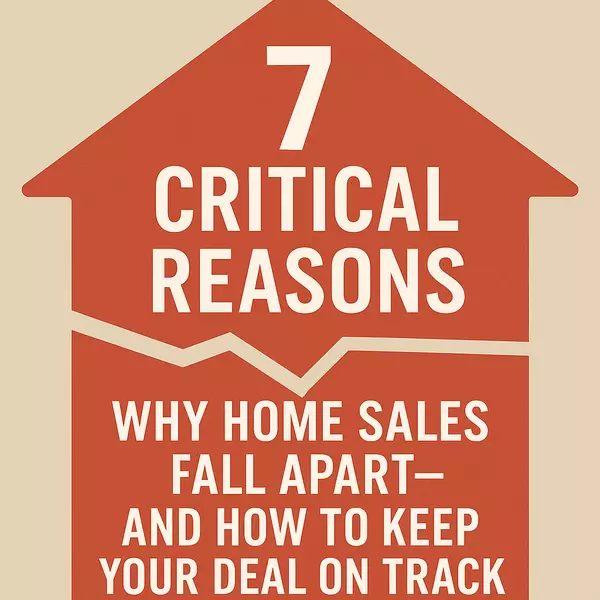
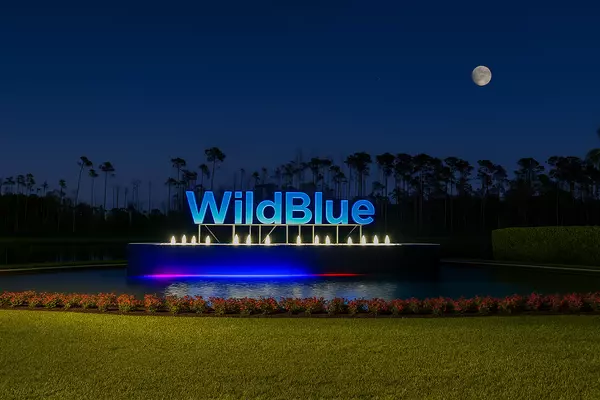
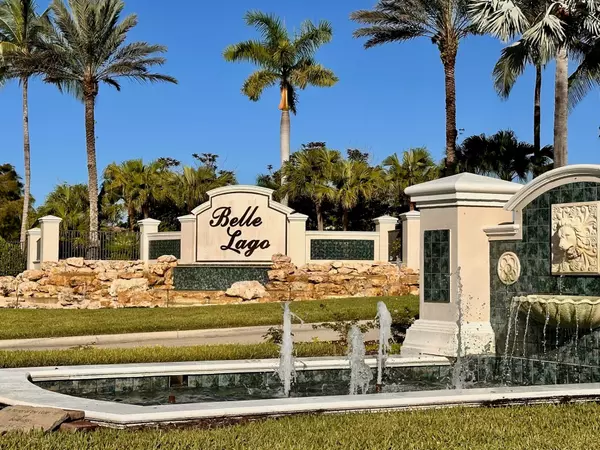


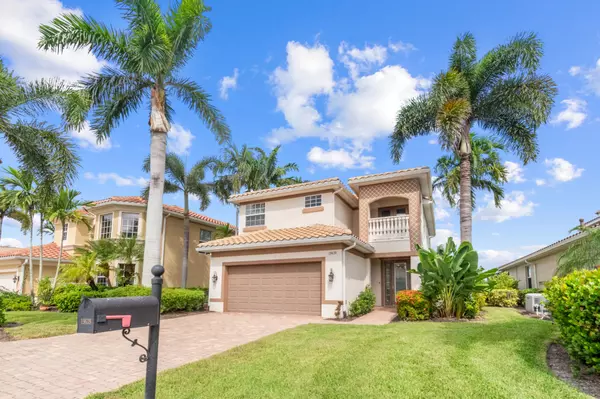

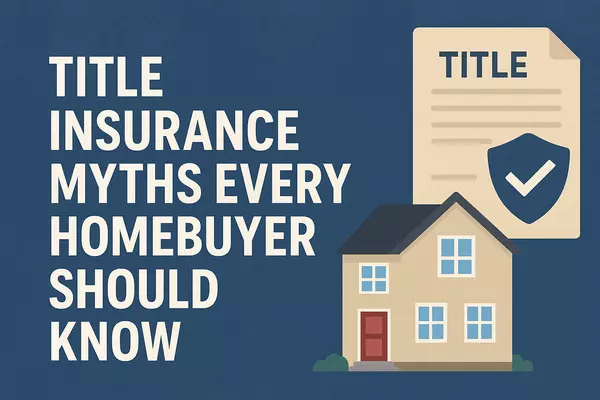
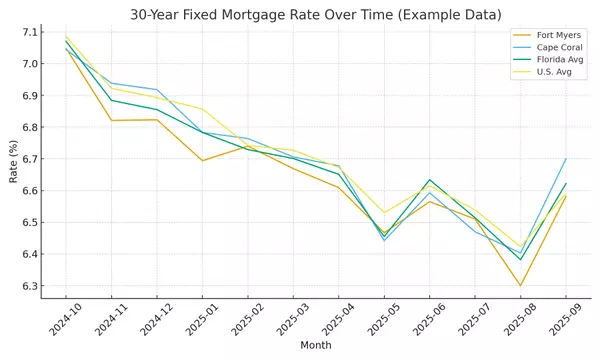
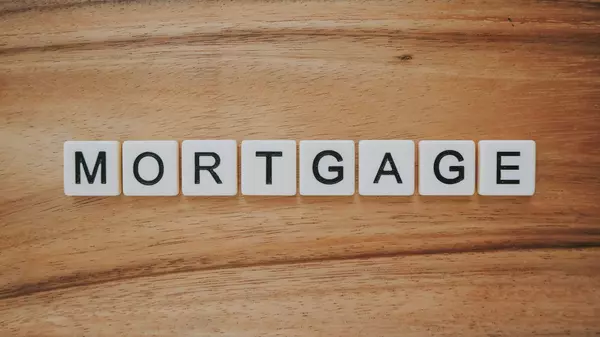
GET MORE INFORMATION

Billee Silva, PA, ABR SRS
Licensed Realtor | License ID: P3275278
Licensed Realtor License ID: P3275278
